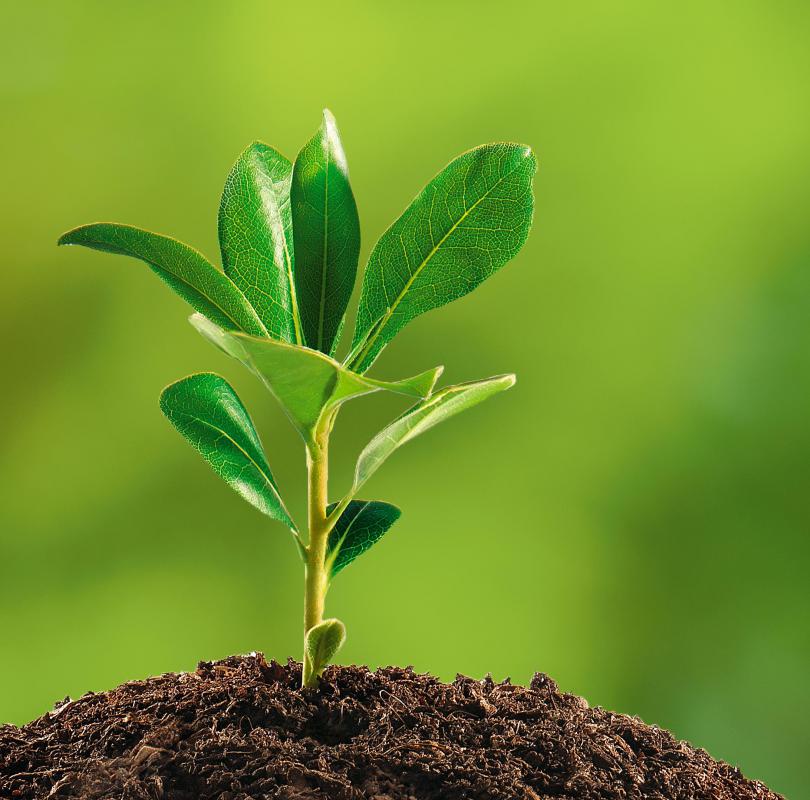At PracticalAdultInsights, we're committed to delivering accurate, trustworthy information. Our expert-authored content is rigorously fact-checked and sourced from credible authorities. Discover how we uphold the highest standards in providing you with reliable knowledge.
What are the Different Types of Food Science Careers?
Food science careers provide a wealth of opportunities to work with a wide range of people and have a direct impact on their lives. There are three types of food science careers: product developer, researcher, and instructor. Food science is a recognized life science discipline, focused on all the stages of food production. It is important to note that a nutritionist is not a food scientist, but is instead focused on the impact of food in the human body.
In order to qualify for any of the different food science careers, all candidates must have successfully completed a university degree in food science. The courses required in this discipline include organic chemistry, plant biology, botany, genetics, agriculture, and economics. A position in this field can be found in food production firms, university laboratories, and research institutes.

One of the most popular food science careers is product developer. He or she is hired by a food production firm to either create a new product or enhance an existing one. Although the public is generally opposed to modified food, packaged food has been modified to increase shelf life and improve flavor or color. A great example of food science in action is packaged bread. When making bread at home, the ingredients are simple, common staples. However, the list of ingredients for any packaged bread includes a list of chemicals, compounds, and additives.

These changes are necessary to provide a quality product to customers, giving allowances for the time required to prepare and ship these goods from the factory to the store. Extending the shelf life of a product is essential to providing a variety of food products at low enough prices that most people can afford to purchase them. It also reduces the risk of food-borne diseases, mold, bacteria, or other infestations that can be harmful to people.

A food science researcher investigates or creates new ways of increasing crop yield and fighting diseases and bacteria that can infect different food sources. He or she is typically focused on the process used to grow the food product. It is important to note that food scientists look at all food, ranging from crops to fish.
Many universities and colleges employ food scientists to teach classes in biology, food science, culinary arts, and agriculture. A solid understanding of how products enter the food chain, what the risks are, and how they are managed is essential for anyone who plans to work in the food industry. Take the time to explore the different career options and find one that is of interest to you.
AS FEATURED ON:
AS FEATURED ON:















Discussion Comments
This is why it always makes me a bit leery when I see that the author of a great new book on dieting is a nutritionist, rather than a food scientist of some kind. I mean, nutritionists often know their stuff and they could compile the work of others into a worthwhile book, but they don't actually do the research themselves.
Yet, often these books say that the revolutionary new food plan was "discovered" by such and such nutritionist. Food science is just like any other kind of science. It moves forward relatively slowly (occasionally in short bursts) in a group effort that isn't so exciting when you put it on the cover of a book.
So, I think more food scientists should be writing books like this, rather than leaving it to others to interpret their work.
@indigomoth - That sounds much more glamorous than the average food science job. The average scientist is probably going to be working with microscope slides and lab rats in order to figure out if a new kind of sweetener is going to adversely affect humans or not.
Or possibly, they will work for a company like the FDA, doing basically the same job. Which is not to say that it can't be very interesting work. But everyone who goes into food science is not going to be a superstar chef or a top scientist.
Personally, I would try to get a degree with a emphasis in a couple of fields, like genetics or maybe soil science, because that will give you much more flexibility when it comes to picking what you'll be doing later on.
One of my dream restaurants is the The Fat Duck in the UK which takes its recipes from a study of food science. The chef became interested in the way that cooking can be meshed with science and I think he even pursued a degree in it. But he was more interested in culinary careers than scientific ones and he developed a menu that takes full advantage of all the latest food technology.
For example, he discovered that the reason people only really taste garlic in mashed potato in the first few bites is because the nose becomes overwhelmed by it. So, he figured out a way to put bits of lime jelly into the potato so that whenever the person tasted the lime, they would be cleared of the garlic and the next bite would be just as savory as the first.
I wish more people would go into this kind of research as I'd love for this kind of restaurant to become more common.
Post your comments